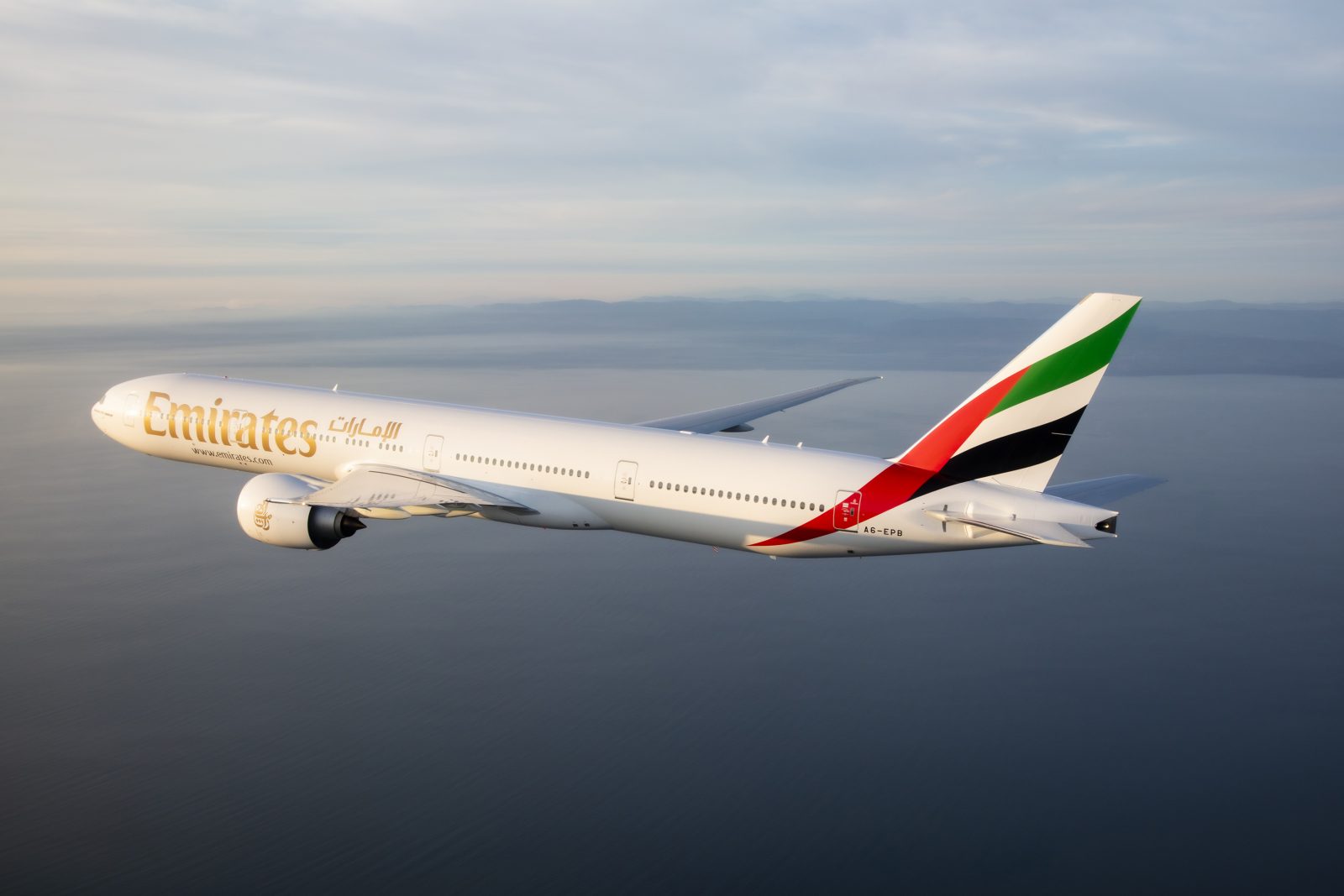With the worst COVID-19 related lockdowns behind us, airlines around the world are slowly rebuilding their global networks, especially in the Persian Gulf where a race has begun to restart as many routes as possible. The Dubai-based Emirates is now serving as many as 94 cities, while its smaller rival Etihad Airways in neighbouring Abu Dhabi has managed to restore service to 50 destinations despite local travel restrictions hampering a full recovery.
But despite efforts to get global flight networks back to even a semblance of pre-COVID levels, one destination remains conspicuous by its absence: Turkey. Officially, Emirates was meant to restart flights between Dubai and Istanbul on June 25 but tickets between the two cities still aren’t available to book.
Etihad meanwhile releases seats for sale but then cancels flights from Abu Dhabi to Istanbul in waves. The same is true for Turkish Airlines. What used to be important and mature markets for these three airlines has failed to restart with no explanation as to why services remain curtailed.
The evidence, however, seems to be pointing to a deterioration in political relations between the United Arab Emirates (UAE) and Turkey. In recent months, Turkey’s President Recep Tayyip Erdogan has inflamed tensions by criticising the UAE’s decision to normalise relations with Israel, while reaffirming close ties with the wealthy state of Qatar.
Emirates has declined to say why it hasn’t followed through with its publicly stated plan to restart flights to Istanbul and there’s been no mention of the worsening of the political relationship with Turkey in local media.
Turkey, however, threatened to suspend formal relations with the UAE after it signed a landmark deal with Israel. “The move against Palestine is not a step that can be stomached,” Erdogan said of the deal in August.
His comments came just months after Turkey struck a currency swap deal with Qatar which has been described as a “significant agreement” that reflects the closeness of ties between the two countries. The UAE joined a Saudi-led bloc that scrapped relations with Qatar in 2017 over allegations the country was sponsoring Islamist terrorism perpetrated by Iran.
Elsewhere, the UAE and Turkey have found themselves on different sides of the fence on a number of important subjects including political leadership in Egypt and a civil war that has ravaged Libya.
With the relationship between the two sides showing increasing strain, one expert said it wouldn’t be surprising to see COVID-19 used as a smokescreen for a “quasi-boycott“. Others believe Turkey and the UAE are fighting for the same limited passengers and direct flights between the two countries would bring little benefit for either side.
Before the COVID-19 pandemic, Turkish Airlines flew to more destinations than any other airline and had plans to turn its new Istanbul base into a mega-airport that could rival Dubai International Airport.
Mateusz Maszczynski honed his skills as an international flight attendant at the most prominent airline in the Middle East and has been flying ever since... most recently for a well known European airline. Matt is passionate about the aviation industry and has become an expert in passenger experience and human-centric stories. Always keeping an ear close to the ground, Matt's industry insights, analysis and news coverage is frequently relied upon by some of the biggest names in journalism.








